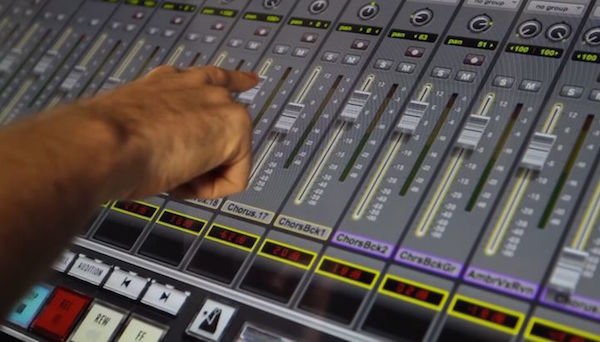With the advent of new technologies, especially those of streaming and file sharing, the music industry is experiencing the rise of new methods of making profit. At this point, the industry is in a period of change in which many different ideas for ways to make money are surfacing, and my paper will evaluate the most promising ideas to see which will be robust enough to become staples for a new model in today’s industry

The first profitability model that I will analyze is the increasingly popular model of crowd
sourcing, which is an online process through which users of sites like Kickstarter, Pledgemusic and
Indiegogo use small donations from other users to fund a project. This method allows up-andcoming
artists to generate the capital necessary to get started without being signed by a record
label. Typically, labels provided the upfront funding for albums and tours, but with the crowd
sourcing method, artists can raise money to put out an album or start a tour on their own. This will
open the door for more artists to be on the market due to the removal of record labels as a
gatekeeper to the industry.
The next model that I will analyze is that of the rising importance of revenue gained from
touring. As the music industry continues to adapt, profits from touring will become the primary
source of revenue and profits from albums and other recordings will become a thing of the past.
With the advent of online streaming and file sharing, fewer and fewer albums are being bought, so
we can already see a fairly clear trend in the making. I will explore this trend, and seek to illustrate
how the industry is shifting to focus on the experience of live music rather than recorded tracks.

Lastly, I will analyze how licensing songs can become a stable source of revenue for artists.
From mechanical to synchronization licenses, there are many different types of licenses that are
available to increase the value of a song. Each license has its own advantages and disadvantages,
which will allow me to explore the merits and profitability of each versus how much control an
artist must relinquish. Through this research, I will then recommend the licenses that have the best
payoff-control balance that can be used by artists in the future.
Overall, I hope to illustrate that the industry can still be profitable, but just in a different
way than it has been in the past. By determining the feasibility of various ways to make money, I
hope to show that there is a way for artists to continue to make a living doing what they love.


No comments:
Post a Comment